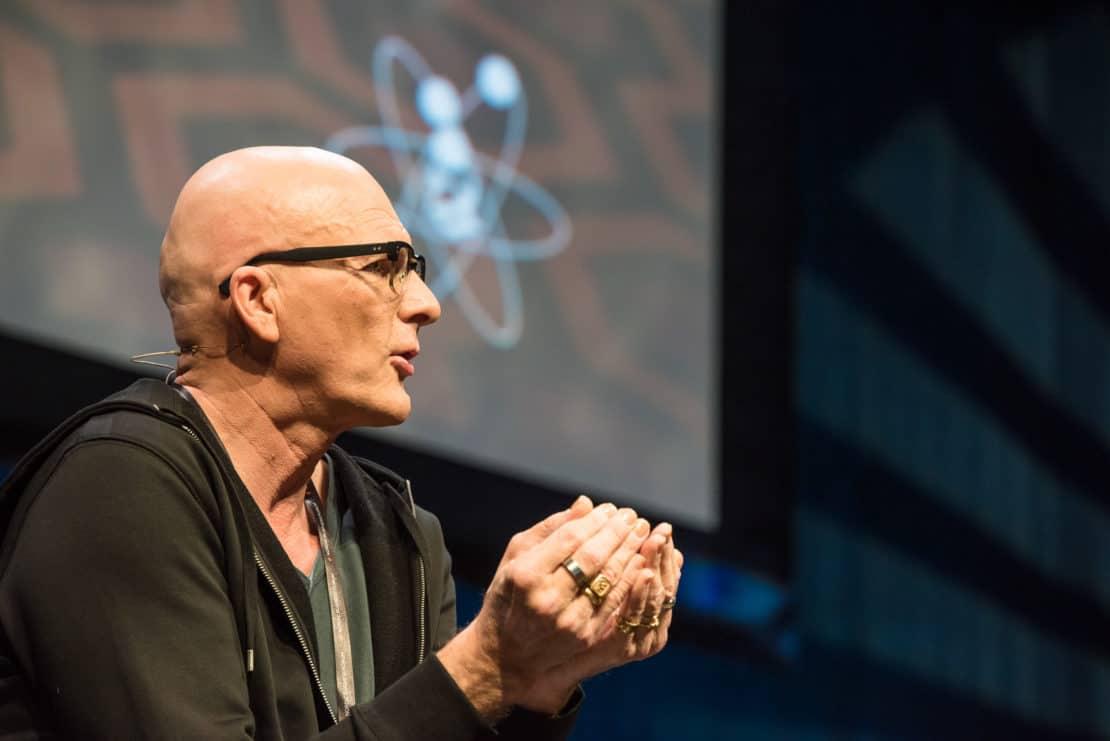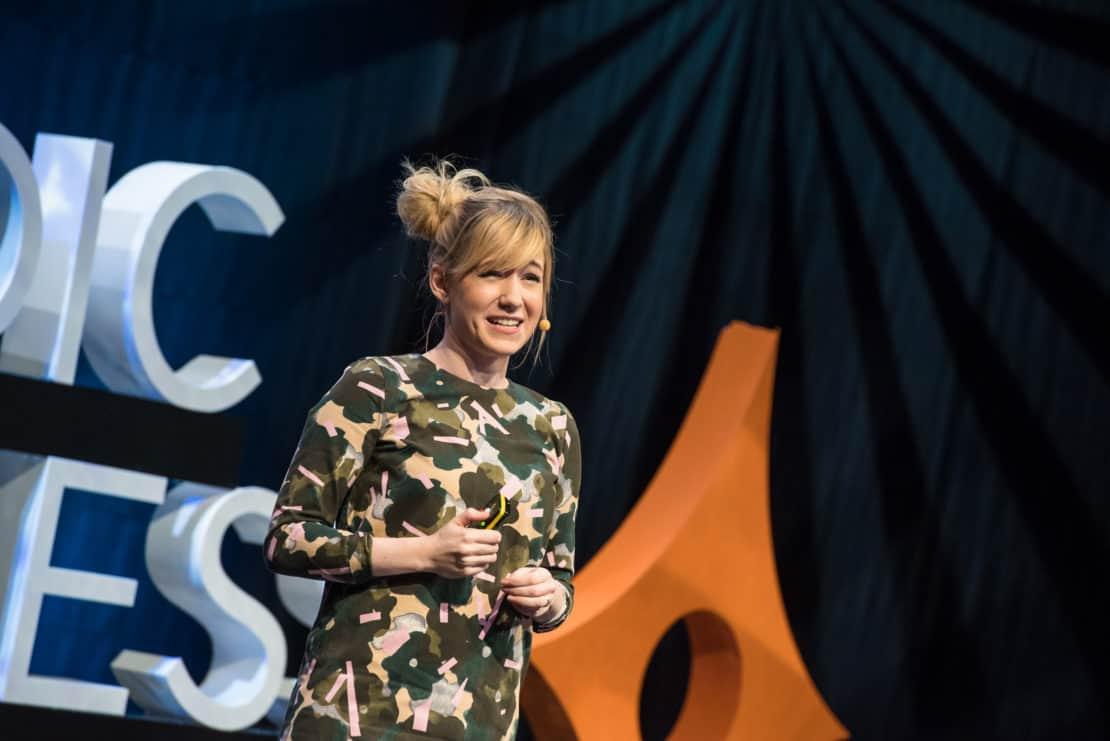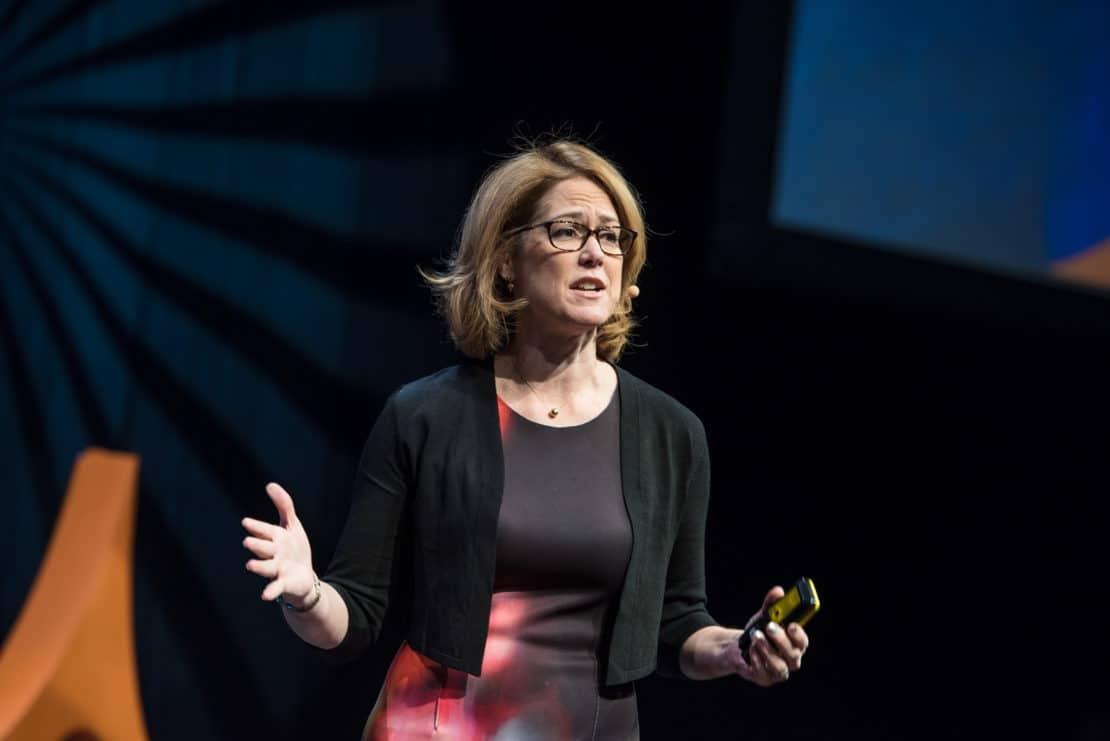16Jan2017
As we head into the new year, the climate of fear that ran through 2016 shows no signs of dissipating. “The world seems weird at the moment. The former owner of Miss Universe will step into the Whitehouse on Friday, and ISIS, Russia and more are driving a climate of fear,” said Kjell Nordström as he opened his keynote speech this morning.
“A Polish philosopher identified this trend as Liquid Fear – a fear of something undefined, but we still think something will likely go to hell,” he continued. “This fear is in fact only a perception – we have less war, more democracy, less criminality, and serious crime rates are falling. This is a fact – it can be measured on a daily basis.
“Fear still exists, however – and it is most likely driven by technology. Trump was created by technology – he is the side effect of intensive globalisation that started in 1989. Technology enabled us to internationalise and globalise the world, we are now beginning to experience the side effects.”
So far, so grim. Dr Nordström, however, sees current events in a different light. The seemingly random and chaotic events of recent times can be understood and even predicted in the future – all we have to do is enter the matrix.
“The framework we live in is a matrix – however, unlike the film, we do not live in some kind of evil system that manipulates us from afar. In fact, our matrix is 3 dimensional, and no single player can change it.
“This is the first time in human history that we have one global system (market or capital economies) in place, and we all play by the same set of rules. Capitalism a machinery that can only do 1 thing – sort things into efficient and inefficient piles. The remarkable thing is, you feed anything into the machine and it will sort it nicely into two piles. The only thing we’ve done is increase the speed of the sorting – hence the increasingly large scrap pile.
“We are also at the beginning of the fastest urbanisation in human history – and it will all happen within our lifetime. We will transform from a world of 219 countries to a global society of 600 cities containing 80% of the population and generating 95% of the world’s economy. We will need to redefine human activity if we are to live on less than 1.5% of the earth’s landmass.
“Finally, digitalisation is affecting the speed at which temporary monopolies – things that break out of sameness and create desire in the heads of consumers – are formed. When you consider that we have seen a 10-fold increase in the speed of industrialisation and a 300-fold increase in computing power since 1989, we are now living through change that is 3000 times faster and more powerful than that of the last great industrialisation period.”
Understanding what is happening is half the battle. By appreciating the true speed of change, we can begin to prepare for a future that will be with us sooner than we think.
@johnathancozzi


